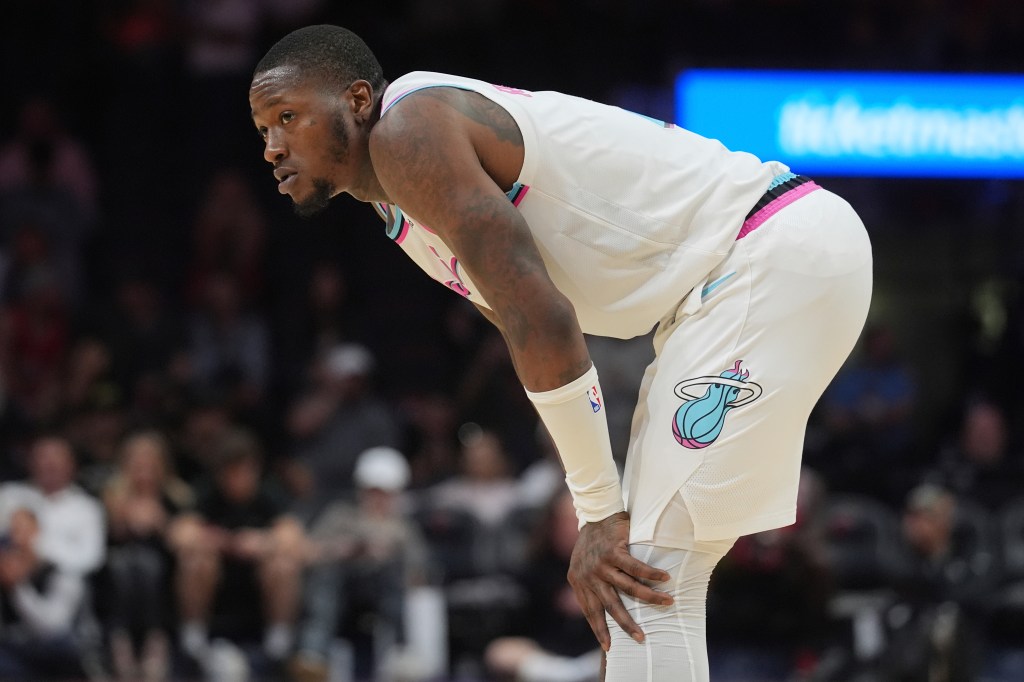Q: I do not recall the Heat making a worse player acquisition than Terry Rozier. He was a negative contributor on the court, his contract handcuffed the team in trading to improve during the offseason, and it resulted in the team having to unload a contributing player to avoid the luxury tax. Ira, how do you figure that the management, which has been so good over the years, was so wrong in this instance? – Bob, Juno Beach.
A: First you have to go back to the moment of the deal. At the time, the relationship with Kyle Lowry had grown untenable. His performance had cratered, he had been benched, and was acting out. Then you have to consider that in Jan. 2024, the Heat were just six months removed from the NBA Finals, believing another lightning-in-a-bottle run was possible. Plus, Terry Rozier was at his offensive best at the moment. It did not look nearly as questionable then as it does now. The lesson is that what a player does in a losing situation does not always translate into a winning situation. But, as you mention, if you look at the Heat’s trade scorecard, it’s not as if their success percentage wasn’t high enough to absorb a clinker. The problem was Jimmy Butler then would be hurt for the playoffs, chemistry elsewhere on the roster was off, and the inability for Rozier to compensate made it all look even worse, plus there was the late-season neck injury. What the Heat can’t do now is overcompensate and include an additional asset in a deal to unload Terry, particularly as they still owe a future first-round pick to the Hornets to complete that 2024 trade. Sometimes you just have to take the L and move on, without compromising your future.
Q: Ira, both fans and apparently the Heat have given up on Terry Rozier. Most of his career he has been a very productive player including for the Heat before he was injured in his first season with the Heat. Who’s to say after his disastrous last season that he doesn’t bounce back to his norm? The Heat are under the luxury tax and are not a serious contender, so why not let this season with him play out, and see if he can contribute, instead of a buyout or a trade where they have to include additional assets? At worst, his salary is off the books after this season. – Joel, Fort Lauderdale.
A: Actually, you somewhat answered your question. Because the Heat are not expected to be a contender, the preference assuredly would be with more of an eye for the future, including playing the younger players, as opposed to one on an expiring contract. For example, would you play Terry Rozier ahead of Pelle Larsson or even Jaime Jaquez Jr.? For that matter, if spot minutes become available, would you play Terry ahead of Kasparas Jakucionis? Where I could see Terry playing is when one of the wing scorers is sidelined. In that case, perhaps when Tyler Herro or Norman Powell are not available, you spot Terry into their slot to keep the remainder of the rotation in order. But that would be an exception, more than a rule.
Q: Ira, the Serbia coach seems to know how to best utilize Nikola Jovic. Why doesn’t Erik Spoelstra add him to his staff? – Eddie.
A: Because Svetislav Pešić has accomplished more than enough over his international career at 76 to have any need to move overseas to be an assistant or an aide or a consultant. Now, that does mean Pešić can’t be consulted by Spoelstra, and assuredly has, in light of the regard Spoelstra has expressed. You are talking about someone whose coaching success includes winning the World Cup (2002), EuroBasket (’93, 2001 and perhaps again this year) and national club titles in Germany, Spain and Serbia, already in the FIBA Hall of Fame.
Originally Published: August 30, 2025 at 6:05 AM EDT

